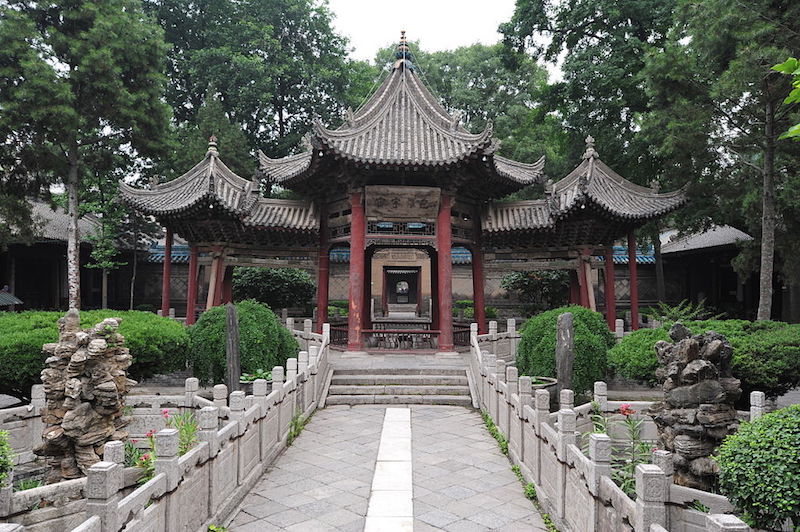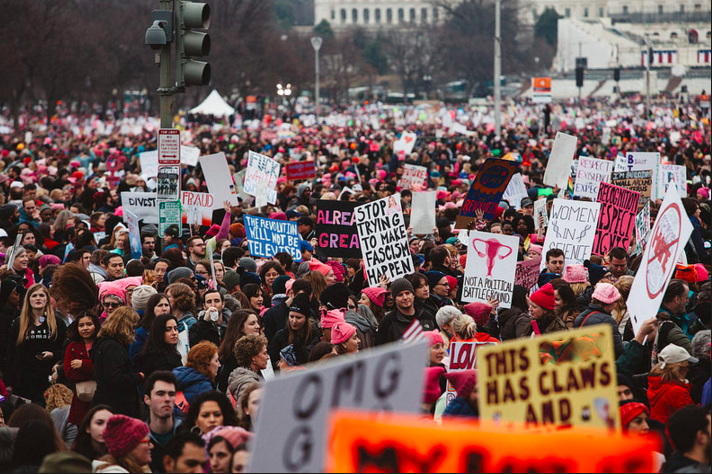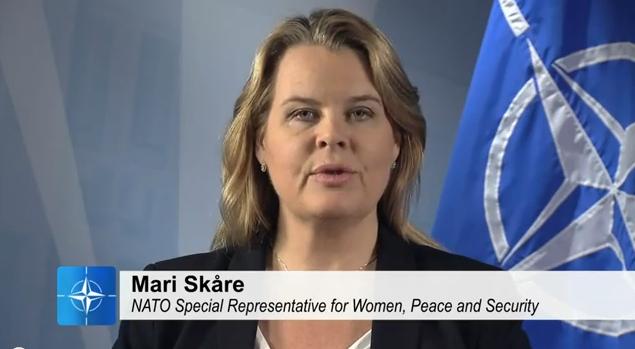On May 24-26, 2016, representatives from G20 member states, partner states, and international organizations gathered in Xi-an, China to attend the annual W20 meeting in leading up to the 2016 G20 Summit in Hangzhou. The theme for this year was “Equal Participation and Innovative Development,” which had four sub-themes of a gender perspective in global economic governance, women’s employment and entrepreneurship and social protection, women’s role in the digital economy, and an interconnected and innovative women’s network. The meeting was hosted by the All-China Women’s Federation and hosted around 200 attendees.
Vice President Liang Yuanchao’s remarks on May 25, 2016 reaffirmed the Chinese government’s commitment to promoting common progress of women in the global economy and outlined key points for achieving this. Specifically, efforts should be made to promote women’s entrepreneurship, employment, and equal participation in the development process, promote their equal participation in social management, and protect their rights and interests to ensure that they have an equal share of development benefits.
On the topic of the role of women in the digital economy, experts have previously put forward that female entrepreneurs have an advantage in user experience, emotional thinking, and interactions, but encounter many constraints in terms of knowledge, funding, and dominantly male entrepreneurs. Participants at the W20 meeting said more measures should be taken to support women in fully exploring internet-based innovative thinking.
Anne Fulwood, who represented Australia at the meeting, held that she felt optimistic about the future for women. With regards to the Chinese government, Fulwood indicated that the opening of the conference by Yuanchao acknowledged the importance of women to the world economy. Declaring that economic growth does not automatically translate into an improved work environment for women, Yuanchao held that business models must modernize to promote female empowerment and equality. As part of these reforms, he argued that the Chinese government would also advocate for family values. The Chinese government has also committed to investing CNY 290 billion of government to subsidize micro credit for women – half of whom are entrepreneurs.
During her remarks, Vice-Chairperson of the National Working Committee on Children and Women under the State Council of China, Song Xiuyan, who is also the Vice-President and First Member of the Secretariat of the All-China Women’s Federation, said that the W20 meeting clarified the need to further enhance the gender perspective in global economic affairs.
Xiuyan and President of the Federation Shen Yueyue have held that states should work to further enhance communication and deepen cooperation to share the opportunities and achievements of women’s development. In her meeting with the Indonesian delegation, Yueyue acknowledged the efforts to promote the friendly relationship of women in the two states by further strengthen ties between them.
Yueyue also outlined efforts that the Chinese government is currently making towards gender integration and held that the Federation will continue to implement the policies put forward by President Xi Jinping during the Global Summit on Women. Although W20 participants come from different countries with varying levels of female economic participation, Xiuyan believes that, “We are highly similar to each other in terms of promoting gender equality, women’s equal participation and achieving innovative economic growth.”
The establishment of W20 just over a year ago highlights the connection between women and sustainable economic growth. For an issue to come to the attention of the G20, there must be an economic element integrated into it. Thus, the W20 provides critical avenues for information sharing, cooperation, and achieving consensus in reform and growth strategies in ways that would otherwise not be brought to the forefront of diplomatic affairs.
The W20 meeting concluded with the creation of a W20 Communiqué, which will be presented to the G20 Summit in Hangzhou in early September of this year. The Communiqué will reflect the outcomes of the meeting and will, no doubt, have an impact on the nature of G20 member states’ commitments to gender and gender-related issues in the future.
Photo: By chensiyuan via Wikimedia Commons. Licensed under CC BY-SA 4.0.
Disclaimer: Any views or opinions expressed in articles are solely those of the authors and do not necessarily represent the views of the NATO Association of Canada.




